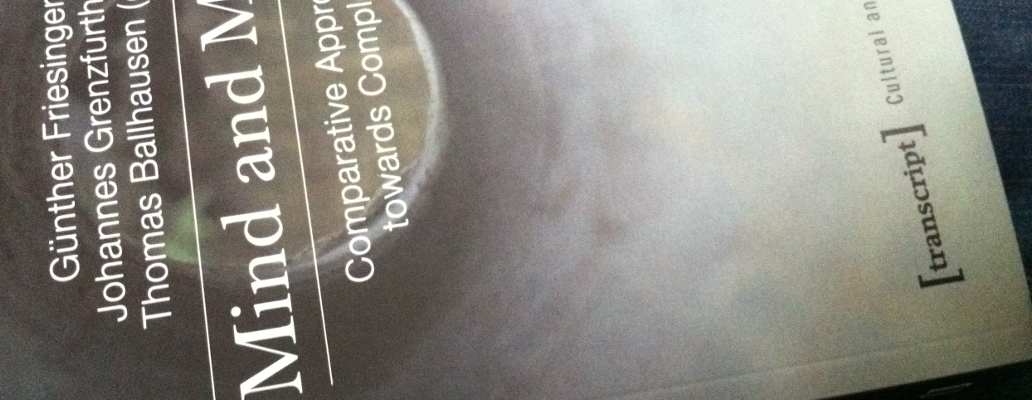open scorez is a multiplayer online game, based on the association one has meandering through the wilderness of the web, the brain, books, emotions etc
it remixes robert rauschenberg's idea of open score, ludwig wittgenstein's language game where we make up the ruley as we go along, and the situationist international's dérive.
started in December 2010, ongoing
url: openscorez.tumblr.com
my contribution: ides&concept, implementation, player
current players:
Nina Wenhart (AT), Sandra Rosas-Ridolfi (MEX), Wiltrud Hackl (AT)
Wednesday, December 15, 2010
open scorez
Labels:
2010,
2011,
artgame,
community,
concept art,
onlie community,
tumblr
Tuesday, November 30, 2010
w0rdm4gix
“Word magic” provides insights into hystorical and current attempts to capture ephemeral Media Art via descriptive metadata and thus create a system of order. Methods and contraptions for the linguistic extraction of essential qualities are discussed; and prospective cures and damages of different terminology models examined (the “majikal rites” of experts culture vs the “digital punk approach” of open public tagging). What is lost and what is gained with different documenting strategies is core to this investigation.
In analyzing existing archives and their strategies, I contrast open and closed approaches to documenting Media Art and the effects on knowledge creation. Throughout my research, I identify the closure of archival database systems as a main problem. The question of opening up these processes to or closing them from the public is at core a political issue. It exceeds the limits of Media Art and sheds a light on the value of openness in society at large and on how accessibility of knowledge shaped and shapes specific societies. In addition to a critique of and an alternative to current approaches, I suggest models of openness, such as Wittgenstein's Sprachspiel (language-game) as more functionally fitting the task of describing evolving knowledge and culture.
published in "mind and matter. comparative approaches towards complexity", transcript verlag, 2011
link to the online version
Labels:
2010,
publication,
research,
text,
w0rdm4g1x
Friday, November 5, 2010
media art ghosts
seminal media art histories texts are databend and sonified.
so far the media art ghosts series includes:
- vannevar bush's "as we may think"
- donna haraway's "a cyborg manifesto"
- william s. burrough and brion gysin's "the third mind"
- michel foucault's "archaeology of knowledge"
media art ghosts by nina wenhart
in my appropriations of these texts, i only use sources found online and in various formats. the remixes are then fed back into the public domain. i thereby want to make a statement about open access to digital cultural heritage and express my approach to archiving as an active process.
this series is inspired by all of the above mentioned texts, especially by the following quote from "the third mind":
Any narrative passage or any passage, say, of poetic images is subject to any number of variations, all of which may be interesting and valid in their own right. A page of Rimbaud cut up and rearranged will give you quite new images. Rimbaud images—real Rimbaud images—but new ones.
Labels:
databending,
media art ghosts,
media art histories,
sound
Wednesday, May 5, 2010
the grammar of new media
"The Grammar of New Media - descriptive metadata for database archives of media art" is my master thesis at the Danube University's Media Art Histories program.
written in 2009/10
advisors:
Dr. Bruce Jenkins
Ing. Gerfried Stocker
"I believe that this study will have both immediate impact in its advocacy for more open, interactive, and semantically rich approaches as well as a lasting value for capturing the state of the field at this particular juncture".
Bruce Jenkins on "The Grammar of New Media"
written in 2009/10
advisors:
Dr. Bruce Jenkins
Ing. Gerfried Stocker
Labels:
2009,
master thesis,
metadata,
publication,
research,
the grammar of new media,
writing
Subscribe to:
Comments (Atom)




